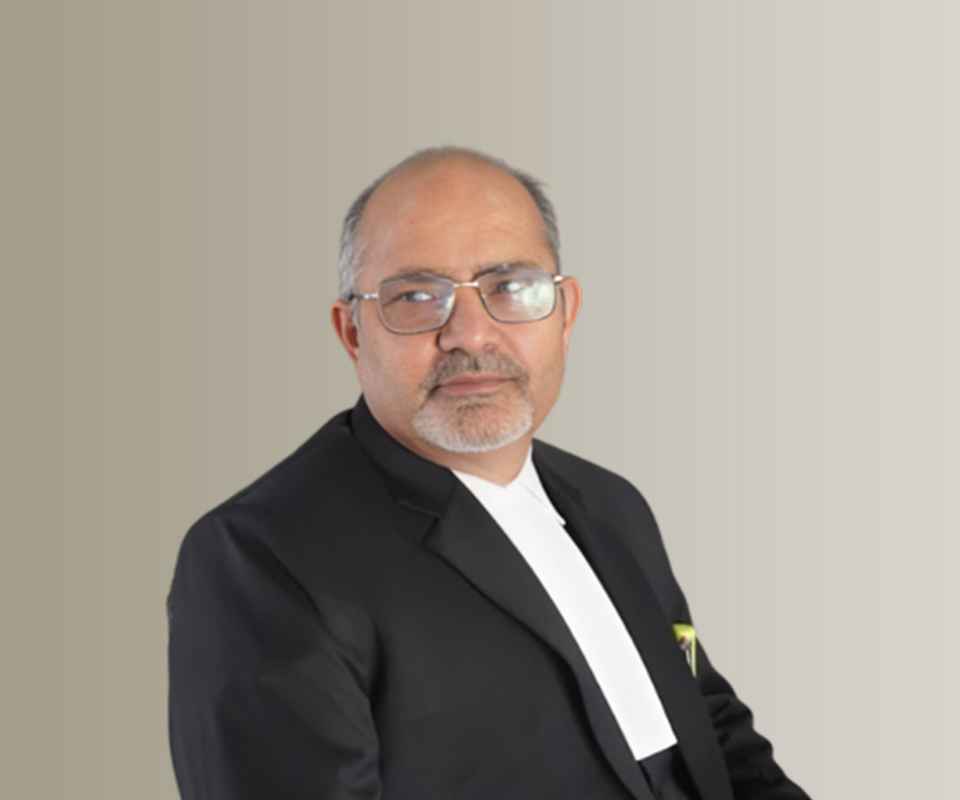Answer By law4u team
Economic offences such as fraud, money laundering, bank scams, and corruption pose serious challenges to India’s financial system and governance. To counter this, India employs a combination of legal instruments including the Extradition Act, 1962, and the Prevention of Money Laundering Act (PMLA) to seek the extradition of economic offenders hiding abroad. India also cooperates internationally through treaties, Interpol, and Mutual Legal Assistance Treaties (MLATs) to ensure offenders face prosecution and assets can be recovered.
India’s Approach to Extradition of Economic Offenders
Legal Framework
The Extradition Act, 1962 is the primary statute regulating extradition. Economic offences like cheating, criminal breach of trust, forgery, and fraud are covered under this act.
The Prevention of Money Laundering Act (PMLA), 2002 specifically targets offenders involved in money laundering, facilitating extradition of those accused of laundering proceeds of crime.
Inclusion in Extradition Treaties
India has bilateral extradition treaties with many countries and includes economic offences in the schedule of extraditable crimes, reflecting growing international concern over financial crimes.
These treaties require the principle of dual criminality, meaning the offence must be a crime in both India and the requesting country.
Role of Interpol and International Agencies
India issues Red Corner Notices through Interpol for fugitive economic offenders to alert member countries for possible arrest and extradition.
International cooperation enables India to track and apprehend offenders in foreign jurisdictions.
Judicial and Executive Process
Upon receiving a formal request, the Indian government forwards it to the Extradition Magistrate who examines whether the offence qualifies for extradition.
The accused is given an opportunity to contest the extradition on legal grounds.
The final decision rests with the Central Government after consulting legal and diplomatic agencies.
Special Provisions for Fugitive Economic Offenders
Under the Fugitive Economic Offenders Act, 2018, India can confiscate properties of offenders who evade prosecution by remaining outside India.
This strengthens India’s ability to pressure offenders to return and face trial.
Mutual Legal Assistance Treaties (MLATs)
India uses MLATs to obtain evidence and facilitate prosecution alongside extradition, ensuring a robust case against economic offenders.
Challenges
Delay in Process: Extradition procedures can be lengthy due to legal challenges and diplomatic sensitivities.
Non-cooperation by Some Countries: Some countries may refuse extradition citing political or other exceptions.
Complexity of Economic Crimes: The intricate nature of economic offences requires detailed documentation and proof, complicating extradition requests.
Example
Consider a high-profile case where a businessman accused of multi-crore bank fraud flees India and is found residing in Country Z. India:
Issues a Red Corner Notice via Interpol.
Sends a formal extradition request citing fraud under the Indian Penal Code and the PMLA.
Country Z’s courts review the evidence to check for dual criminality and fairness.
If satisfied, Country Z orders extradition.
The offender is surrendered to India, where prosecution proceeds and assets may be seized under the Fugitive Economic Offenders Act.







